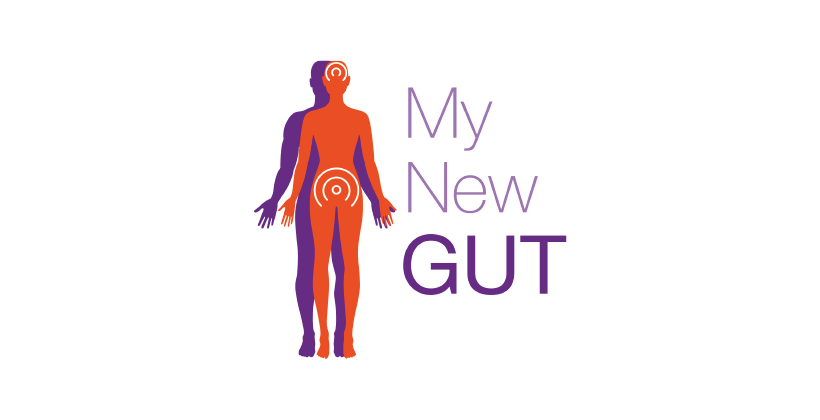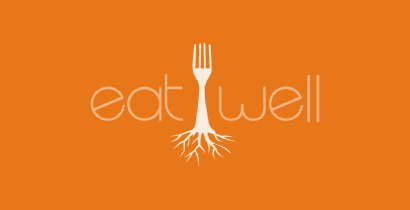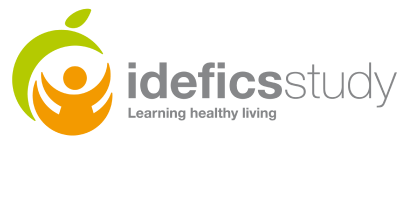Affordable, nutritious foods for those at risk of poverty (CHANCE)
Last Updated : 05 November 2013According to Eurostat statistics in 2010, 81 million European citizens are at risk of poverty. These population groups are not only characterised by low purchasing power and a low level of education, but they have a high risk of developing disease due to poor nutrition. Through its research efforts and through innovation of healthful and affordable food products, CHANCE aims to help to prevent malnutrition and related disease in European people groups at risk of poverty.
The research
CHANCE has three major objectives:
1. Identify the most significant European population groups at risk of poverty.
Data from Eurostat indicate that women and elderly are more likely to be at risk of poverty than the general population. CHANCE researchers intend to take this further and clarify which are the major groups of concern in Europe, both by geographical and social criteria. Body measurements will be taken and questionnaires will be filled out by volunteers from these identified groups to assess their nutrition status and dietary habits to gain a better understanding of their needs.
2. Identify consumer barriers to healthful eating.
CHANCE will study perceived barriers and promoters to healthful eating among people who are at risk of poverty. In addition, the perceptions of retailers and representatives from food and beverage industry will be sought. These insights will help food processing partners develop healthful food products that are appealing to consumers.
3. Develop nutritious food products in the lower price range.
Researchers and industry partners will develop appealing, affordable and healthy food products, taking into account regional and cultural food differences. CHANCE will explore low cost technologies and ingredients, such as fruit material left over from juice production and other side-products from food processing, to develop these new foods.
The outcome
In addition to reporting new knowledge about population groups at risk of poverty and their specific nutrition needs, CHANCE will design new food prototypes with improved nutritional value and decreased production cost. Based on the knowledge gained about the risk populations’ current food habits and their perceived barriers to healthful eating the products will be designed to attract these consumers in particular, which in the long run may lead to improved nutritional health in vulnerable groups across the European continent.
The consortium
CHANCE is a multidisciplinary team led by Professor Francesco Capozzi at the University of Bologna. The consortium consists of 17 partners from 9 EU countries, representing universities, research institutes, and small- and medium sized enterprises (SMEs) from the food and drink sector. The role of EUFIC, together with the European Committee for Standardization (CEN), is to disseminate information about the project to a wide European audience. CHANCE is funded under the European Commission’s 7th Framework Programme.
For more information
Click here to read a Food Today article about the developing new foods and overcoming barriers to health.



